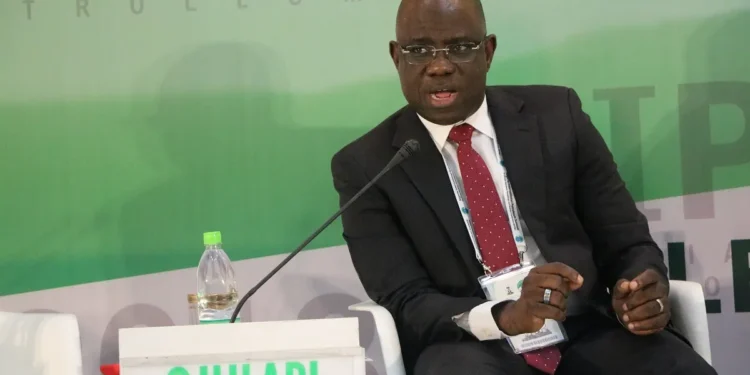The Senate Committee on Public Accounts has issued a stern 10-day ultimatum to Nigerian National Petroleum Company Limited Group Chief Executive Officer Bayo Ojulari, demanding immediate explanations for massive financial irregularities discovered in the corporation’s audited statements.
Senator Aliyu Wadada, who chairs the committee, announced the deadline following the discovery of what he described as “astonishing and intolerable” financial discrepancies in NNPCL’s records spanning from 2017 to 2023. The irregularities include over ₦200 trillion in unexplained receivables and unrecorded legal and audit fees that have raised serious questions about the company’s financial management.
The committee’s decision came after NNPCL requested a two-month extension on Thursday to address the 11 significant financial inquiries raised by the Senate panel. However, lawmakers firmly rejected the request, describing it as an unacceptable delay tactic that undermines accountability in the management of public resources.
Wadada expressed strong disapproval of what the committee perceives as attempts to frustrate oversight functions, emphasizing that the magnitude of the financial discrepancies demands urgent attention. The committee has identified these irregularities as particularly concerning given NNPCL’s critical role in Nigeria’s economy and its responsibility for managing the nation’s petroleum resources.
The Senate chairman warned that failure to comply with the directive would trigger constitutional consequences, including the invocation of the Senate’s oversight powers. He stressed that any attempt to disregard the committee’s instructions would constitute contempt of the Senate, a serious offense that could result in further legal and administrative actions.
The ultimatum, which expires on July 10, represents the latest development in ongoing efforts by the National Assembly to ensure transparency and accountability in the operations of major government agencies and corporations. The committee has positioned itself as a guardian of public funds, emphasizing its determination to pursue all necessary measures to protect national resources.
The financial discrepancies under investigation represent one of the largest questioned amounts in recent Nigerian corporate history, highlighting the scale of potential mismanagement within the country’s premier petroleum corporation. The outcome of this confrontation could set significant precedents for how the legislature exercises oversight over major government-owned enterprises.
NNPCL now faces mounting pressure to provide comprehensive explanations for the massive financial gaps identified by Senate investigators, with the potential for serious constitutional and legal consequences if the deadline is not met.

















